Home Inspections Are Essential as Winter Approaches
As the days grow shorter and the temperatures plummet, it’s essential to prepare your home for the upcoming winter season. One of the most crucial steps in ensuring your home is ready for the cold months ahead is a thorough home inspection. Winter home inspections are vital for various reasons, and they can help you avoid costly issues and ensure a safe and comfortable living environment. In this blog, we’ll explore the significance of home inspections as winter approaches.
As Winter Approaches I can help:
Identify and Address Energy Efficiency Issues
During winter, keeping your home warm can put a strain on your energy bills. Home inspections can reveal areas where your home might be losing heat, such as poorly insulated walls, drafty windows, or gaps in the doors. By addressing these issues before winter sets in, you can improve your home’s energy efficiency, which will not only reduce your utility bills but also make your living spaces more comfortable.
Ensure Proper Heating Systems
Your heating system is your lifeline during the winter months. A home inspection can identify any potential problems with your heating system, including dirty filters, malfunctioning thermostats, or blocked vents. By fixing these issues before winter arrives, you can ensure that your heating system runs smoothly when you need it most, preventing potential breakdowns during the coldest days.
Prevent Water Damage and Leaks
Winter brings snow, ice, and rain, and it’s crucial to ensure your home is watertight. A home inspection can help you identify areas where water might infiltrate your home, such as damaged roofing, clogged gutters, or cracked foundations. Addressing these issues in advance can help you avoid costly water damage and mold problems, keeping your home safe and dry.
Assess Safety Hazards
Winter weather can create safety hazards in and around your home. A home inspection can identify potential dangers, such as damaged or unstable structures, loose handrails, or blocked emergency exits. By addressing these safety issues, you can minimize the risk of accidents and injuries during the winter season.
Inspect Fireplaces and Chimneys
If you have a fireplace or wood-burning stove, a home inspection can ensure that they are in good working condition and not posing any fire hazards. Creosote buildup in chimneys, for example, can lead to chimney fires. An inspection can reveal any issues and ensure your fireplace or wood-burning stove is ready for use in a safe and efficient manner.
Check Insulation and Ventilation
Proper insulation and ventilation are essential for maintaining a comfortable indoor temperature and preventing issues like ice dams on your roof. A home inspection can identify areas where insulation might be lacking or ventilation systems might be inadequate. By rectifying these problems, you can maintain a consistent temperature and prevent costly damage caused by ice dams.
Home inspections are not just a summertime task. As winter approaches, they become even more crucial to ensure your home is ready to withstand the challenges of the cold season. By identifying and addressing issues related to energy efficiency, heating systems, water damage, safety hazards, fireplaces, insulation, and ventilation, you can create a warm, safe, and comfortable environment for your family. Don’t wait until winter is in full swing to take action. Schedule a home inspection now to prepare your home for the challenges of the upcoming season, and you’ll enjoy peace of mind throughout the winter months.
